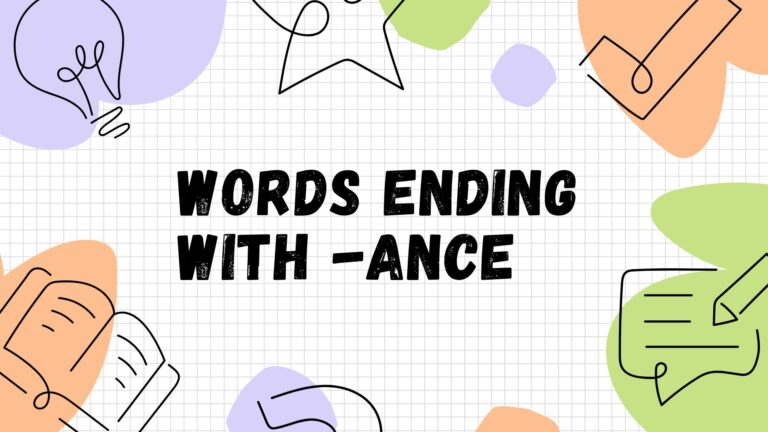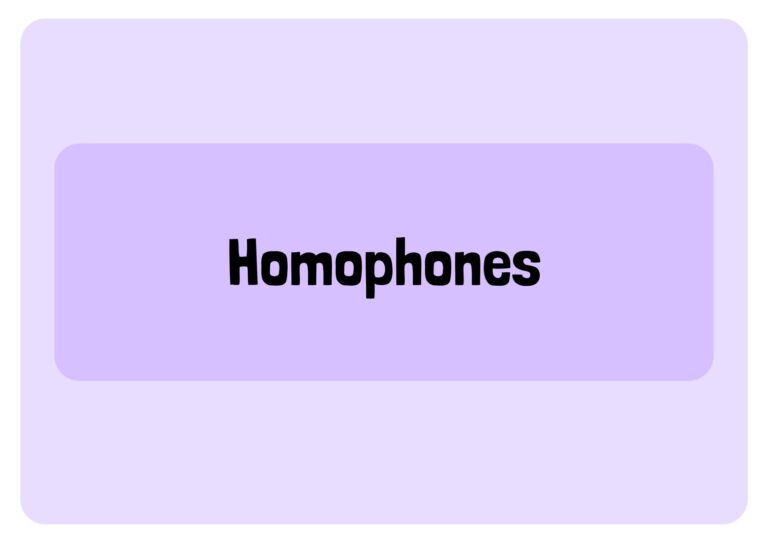Difference Between Shall and Will in English Grammar
Introduction:
Many English learners often get confused between the words shall and will. Both are used to talk about the future, but their meanings and usage are slightly different. In this post, we’ll look at the key difference between shall and will in English grammar, examples, and simple rules to help you use shall and will correctly.
Basic Meaning
Difference Between Shall and Will in English Grammar will be discussed in detail.
- Will is the most common word for the future.
Example: I will go to the market tomorrow. - Shall is less common today and is mostly used in formal English or legal contexts.
Example: You shall not pass without permission.
Usage in British vs. American English
- In British English, shall is sometimes used with I and we for future actions.
Example: I shall call you later. - In American English, people almost always use will.
Use for Difference Between Shall and Will in English Grammar
- Shall is often found in contracts, rules, or official documents.
Example: The tenant shall pay the rent on the first day of each month.
Suggestions
- Shall can also be used to make polite suggestions.
👉 Example: Shall we go for a walk?
Summary
| Word | Common Use | Example |
|---|---|---|
| Will | Future action | He will help you tomorrow. |
| Shall | Formal/legal, suggestions | Shall we dance? |
FAQs
Q1. Can we use shall in daily conversation?
Yes, but it sounds formal. Most people prefer will.
Q2. Is shall old-fashioned?
In casual English, yes. But it’s still important in legal and formal writing.
Q3. Do shall and will mean the same thing?
Not always. Both can express the future, but shall is often formal, legal, or used in offers/suggestions, while will is the standard choice in everyday speech.
Q4. Is shall used in American English?
Rarely. Americans mostly use will. Shall appears mostly in legal documents or very formal writing.
Q5. When should I avoid using shall?
Avoid it in casual conversations or informal writing because it may sound unnatural or old-fashioned.
Q6. Can shall be used for rules and commands?
Yes. For example: Students shall not use mobile phones during the exam. Here, shall expresses a strict rule.
Q7. Can I replace shall with will in all sentences?
In most cases, yes. But in legal texts, contracts, or when making polite suggestions (Shall we…?), shall is more appropriate.
Q8. Why do textbooks teach shall if it’s not common?
Because it’s still important in formal English and exam contexts. Many grammar books include it so learners understand both formal and informal usage.
Q9. What is the difference between shall I and will I?
Shall I is used for making offers or asking for instructions.
Example: Shall I open the window?
Will I is less common, but it can mean asking about the future.
Example: Will I be late if I take the bus?






